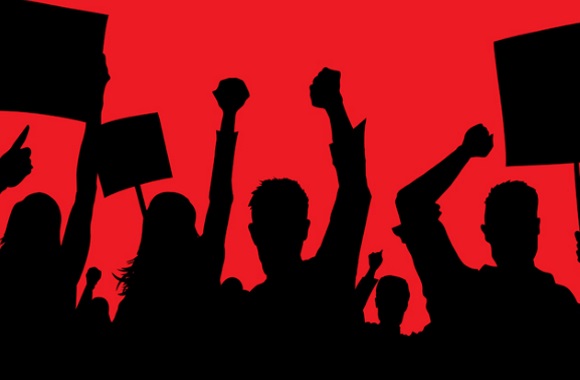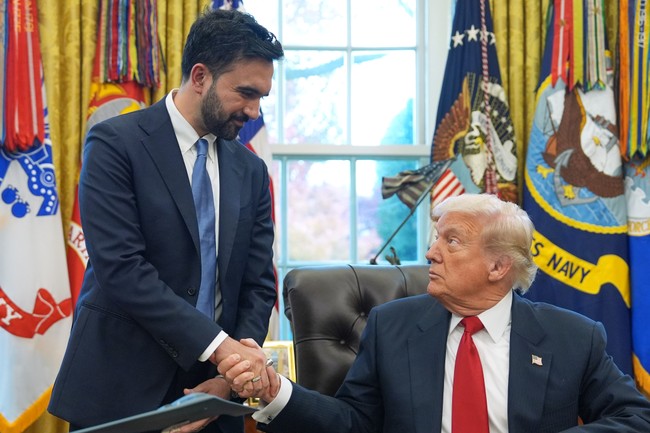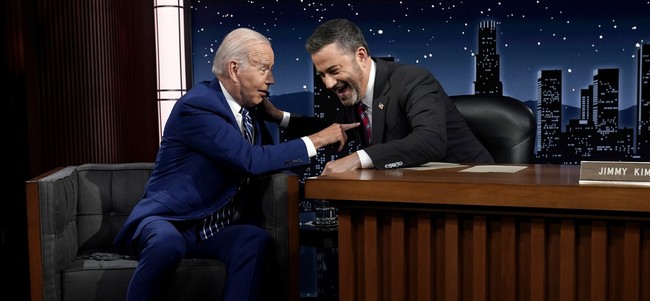
Key Takeaways
- One in three students believe that using violence to stop campus speech is acceptable, with 2% deeming it 'always acceptable', 13% 'sometimes acceptable', and 19% 'rarely acceptable'.
- The survey included over 68,000 students from 257 colleges.
- 54% of students find it acceptable to block attendance at a campus speech.
One in three students believe some level of violence is acceptable to stop a campus speech, according to the results of a large-scale survey released Tuesday by the Foundation for Individual Rights and Expression.
The survey, which questioned more than 68,000 students at 257 colleges and universities nationwide on a variety of free speech topics, asked: “How acceptable would you say it is for students to engage in the following actions to protest a campus speaker? Using violence to stop a campus speech.”
Two percent said “always acceptable,” 13 percent said “sometimes acceptable,” and 19 percent said “rarely acceptable,” or about one-third of those surveyed.
When broken down by political beliefs, 7 percent of students who identified as liberal said it’s “always acceptable” to use violence to shut down speech — while 8 percent of students who identified as conservative did.
“More students than ever think violence and chaos are acceptable alternatives to peaceful protest,” FIRE Chief Research Advisor Sean Stevens said in a news release. “This finding cuts across partisan lines. It is not a liberal or conservative problem — it’s an American problem.”
“Students see speech that they oppose as threatening, and their overblown response contributes to a volatile political climate.”
A majority of students surveyed — 54 percent — also responded it was acceptable to block other students from attending a campus speech: 3 percent said “always acceptable,” 19 percent said “sometimes acceptable,” and 32 percent said “rarely acceptable.”
Again, slightly more conservative than liberal students said it was “always acceptable” to block speeches, 11 percent to 9 percent, respectively.
But overall, “Republican students were still less likely than Democrats to say they found any form of interruption acceptable, but that gap is lessening,” Inside Higher Ed reported.
Another notable finding, according to FIRE, is that for “the first time ever, a majority of students oppose their school allowing any of the six controversial speakers they were asked about onto campus — three controversial conservative speakers and three controversial liberal ones.”
What’s more, “166 of the 257 schools surveyed got an F for their speech climate, while only 11 schools received a speech climate grade of C or higher.”
“This year, students largely opposed allowing any controversial campus speaker, no matter that speaker’s politics,” said FIRE President and CEO Greg Lukianoff in a news release. “Rather than hearing out and then responding to an ideological opponent, both liberal and conservative college students are retreating from the encounter entirely.”
“This will only harm students’ ability to think critically and create rifts between them,” he added. “We must champion free speech on campus as a remedy to our culture’s deep polarization.”











